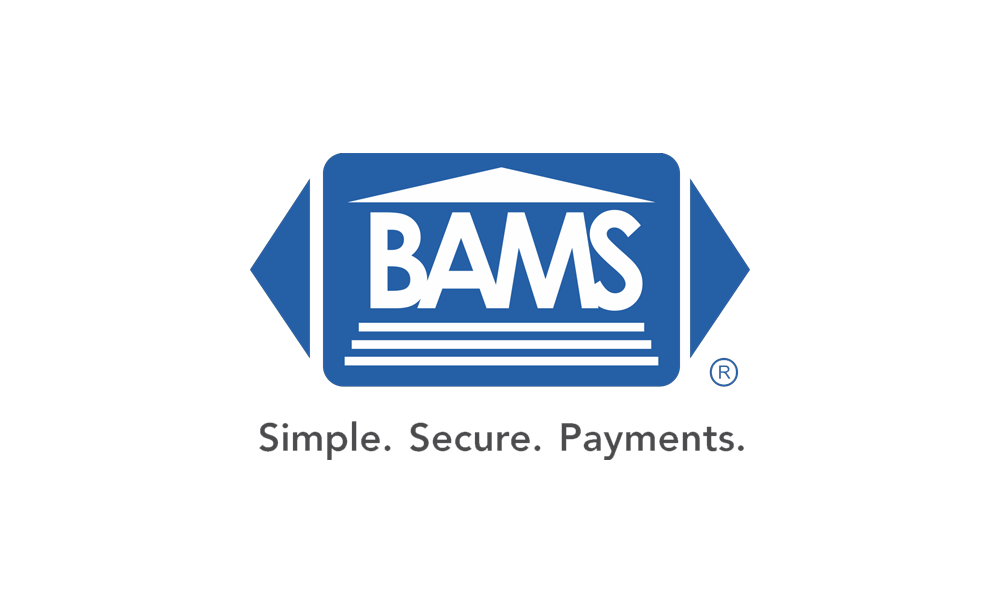What are Merchant Services?
When many people hear the term merchant services, they automatically think “transaction processing.” And, while that is a huge part of what payment processors do and certainly worth discussing, it isn’t the only thing processors offer businesses. Many merchant services providers today actually offer their clients end-to-end payment solutions that allow merchants to get everything they need, from POS terminals to plastic gift cards, from a single company. That holistic model offers two main benefits: maximized convenience for merchants and maximized revenue for processors. The following is a brief rundown of some of the most common services merchants can access from today’s top payment processors, and a few of the primary considerations that should be looked at when choosing which one to do business with.
Typical Merchant Services
Top merchant services providers offer businesses everything they need to handle all aspects of payments, from processing services themselves, to necessary hardware and software, to value-added services that help merchants operate more profitably and effectively. The following are some of the most typical services merchants can expect to find with leading payment processors, but many more may be available depending on the company.
Payment Processing
First and foremost, merchants need payment processing. Whenever a credit card is entered online or tapped or inserted in-store, a complex series of events ensues. The payment card data is sent through a network that includes the merchant’s acquiring bank, the credit card company, and the buyer’s bank. Advanced encryption is performed and multiple fraud checks occur at various points. And it all happens in a matter of seconds. Payment processors offer the plumbing that connects all the stakeholders involved in electronic payments, and the primary service they offer to sellers is the merchant account necessary to make it all happen.
Brick and Mortar Payment Hardware
Merchants operating brick-and-mortar businesses need certain types of hardware to enable the processing of customer credit and debit cards. In the most complex situations, that could include an integrated point-of-sale system connecting multiple checkouts or even multiple locations. In the simplest, it could be a single payment terminal or even a smartphone-based card reader. Regardless of the need, merchant services companies generally provide businesses with the hardware necessary to offer their customers electronic payments as an add-on to their processing services.
Ecommerce Payment Software
Ecommerce merchants need a terminal through which customers can pay, as well, but in their case, it’s a software-based online payment gateway. Payment gateways connect to ecommerce checkout systems and perform the important tasks of encrypting a customer’s payment data and acting as the hub through which requests are sent out and approvals or denials are received. Many merchant services companies partner with payment gateway providers to offer their customers the ecommerce software they need as part of their overall service package.
Gift and Loyalty Programs
Gift cards and loyalty cards are both big parts of modern retail, and, whereas cardboard once dominated, both are now almost entirely digital. Many payment processors offer merchants both expert guidance on how to set up profitable gift and loyalty programs, and the physical cards necessary to operate them.
Fraud and Dispute Protection
Fraudulent transactions and abusive chargebacks are a reality of doing business, especially in the wake of the global pandemic, which saw cybercrime explode in response to more people shopping and spending time online. Some merchant services providers help merchants navigate the risks involved with taking card payments by offering value-added services like third-party transaction scanning and electronic dispute response systems. Minimizing fraud not only saves merchants money, but also protects all the players involved in payment processing and the end consumer, making anti-fraud features an important aspect of a great merchant account.
Reporting Tools
Some payment processors offer merchants advanced reporting tools as part of their service package. Reporting tools are important because they provide merchants with the data they need to forecast and plan for the future. BAMS merchants, for instance, get access to the IRIS CRM reporting suite – an integrated reporting dashboard that enables users to quickly and easily access all the key analytics they need to understand their financials and make better decisions.
Choosing a Merchant Services Provider
With merchant services providers involved in so many areas of payments, it’s clear that selecting a partner is an important choice that can have a big impact on long-term success. Choosing the right merchant services provider comes down to analyzing and weighing three main factors: the features offered, the fee structure, and the available support systems.
Features
The more features offered by payment processors, the better. Ideally, as many as possible will be included in the base processing cost, but the larger the suite of optional value-added features merchants have available to them, the greater the flexibility and ability to custom tailor an ideal set of services. However, it’s important for merchants to inquire with processors about how optional features impact their transaction fees to ensure they’re not chipping away at their profits needlessly, since even small fees can add up quickly.
Fee Structure
Prices obviously vary from processor to processor, but one thing many merchants don’t realize is that there are three different types of fee structures common to the industry, and the one they end up with has a huge impact on their monthly bills. The first fee structure is flat-rate pricing, which charges the exact same fee for every single transaction. The second is tiered pricing, in which different types of cards are grouped into tiers, each with their own fee structure. The third is interchange-plus pricing, a model that dynamically updates the transaction fee to be as low as possible on each and every transaction. Interchange-plus pricing is by far the lowest, and also the most transparent of the three models, and merchants should prioritize it when shopping for a new partner.
Support Team
The final factor to weigh when selecting a merchant services partner is the quality of support available. While payment processing is extremely smooth and low-maintenance on a day-to-day basis, when problems or questions do arise, it’s extremely important that merchants be able to access the help they need quickly and efficiently. Ideally, a merchant services provider should offer clients a dedicated support specialist or support team. Dedicated support ensures that whenever a merchant needs assistance, whether with something complex like PCI compliance or simple like hardware, they’ll have access to someone that knows their business and has taken the time to build a relationship. Support is especially important for newer merchants, for whom it’s worth additional emphasis when weighing the benefits and drawbacks of processors.
BAMS is a top payment processor offering merchants an unparalleled line of payment solutions and the lowest fees in the industry – guaranteed. To find out more about everything a BAMS merchant account can offer your business, or how much the BAMS interchange-plus pricing model could shave off your bill each month, get started with your free five-point price comparison today.




